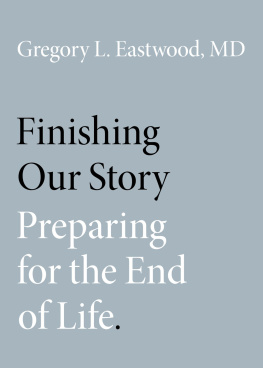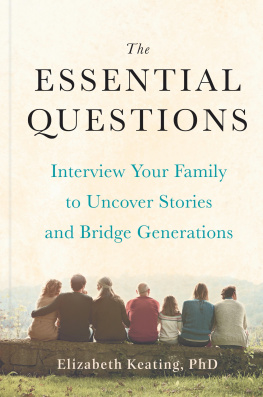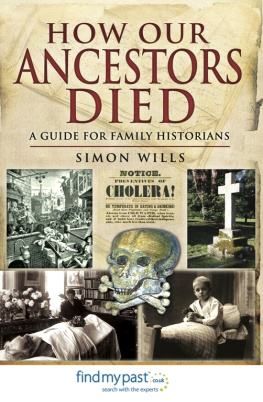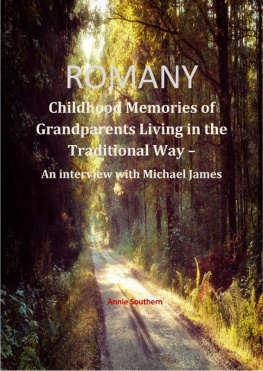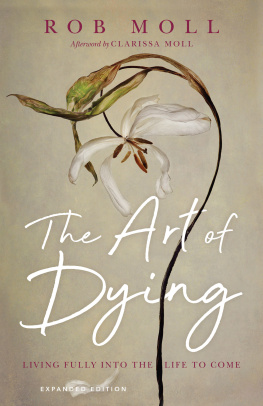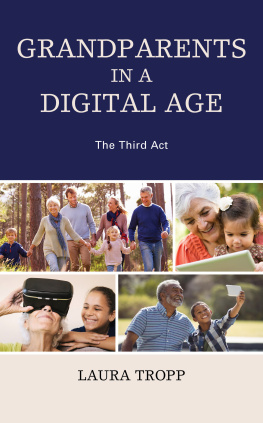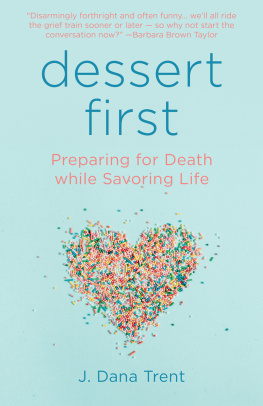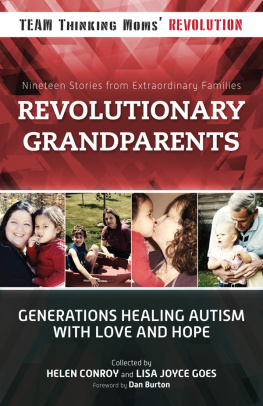Gregory L. Eastwood - Finishing Our Story: Preparing for the End of Life
Here you can read online Gregory L. Eastwood - Finishing Our Story: Preparing for the End of Life full text of the book (entire story) in english for free. Download pdf and epub, get meaning, cover and reviews about this ebook. year: 2019, publisher: Oxford University Press, genre: Politics. Description of the work, (preface) as well as reviews are available. Best literature library LitArk.com created for fans of good reading and offers a wide selection of genres:
Romance novel
Science fiction
Adventure
Detective
Science
History
Home and family
Prose
Art
Politics
Computer
Non-fiction
Religion
Business
Children
Humor
Choose a favorite category and find really read worthwhile books. Enjoy immersion in the world of imagination, feel the emotions of the characters or learn something new for yourself, make an fascinating discovery.
- Book:Finishing Our Story: Preparing for the End of Life
- Author:
- Publisher:Oxford University Press
- Genre:
- Year:2019
- Rating:4 / 5
- Favourites:Add to favourites
- Your mark:
Finishing Our Story: Preparing for the End of Life: summary, description and annotation
We offer to read an annotation, description, summary or preface (depends on what the author of the book "Finishing Our Story: Preparing for the End of Life" wrote himself). If you haven't found the necessary information about the book — write in the comments, we will try to find it.
Death is the destiny we all share, and this will not change. Yet the way we die, which had remained the same for many generations, has changed drastically in a relatively short time for those in developed countries with access to healthcare. For generations, if people were lucky enough to reach old age, not having died in infancy or childhood, in childbirth, in war, or by accident, they would take to bed, surrounded by loved ones who cared for them, and fade into death. Most likely, they would have seen their parents and grandparents die the same way, and so this manner of dying would be familiar: it was part of the natural cycle of life. Now less than 25 per cent of Americans die at home, having reached much older ages than people would have dreamed of in past generations, often after surviving many illnesses and even diseases that would have been terminal for their grandparents. We are fortunate to live (and die) today, supported by myriad scientific, medical, and technological advancements, however we also face new problems as a result of the new way in which we die. We can no longer anticipate a peaceful waning at home with family. We know our lives will likely end in hospitals likely after we have endured grueling treatments to prolong life. We have to decide what decisions we want our loved ones, or care-givers, to make when we cannot choose for ourselves. We have to think about whether in any circumstances we would seek physician-assisted death. We know we face other questions as well, but we may not even know where to start. In the face of these decisions, we can feel daunted and afraid. The best remedy is information and planning. In this book, Gregory Eastwood - a physician who has cared for dying patients, served as an ethics consultant, and taught end of life issues to medical and other health profession students - draws from his substantial experience with patients and families to provide the information that will help us think clearly about the choices and issues we will face at the end of our own lives, and when faced with the deaths of our loved ones. With sensitivity and profound insight, Eastwood guides us through all the important questions about death and dying in straightforward, clear language, enhanced by real-life stories. Throughout, he shows us how we can take ownership of the way we want to die, when we must die, and feel more in control as death approaches.
Gregory L. Eastwood: author's other books
Who wrote Finishing Our Story: Preparing for the End of Life? Find out the surname, the name of the author of the book and a list of all author's works by series.

